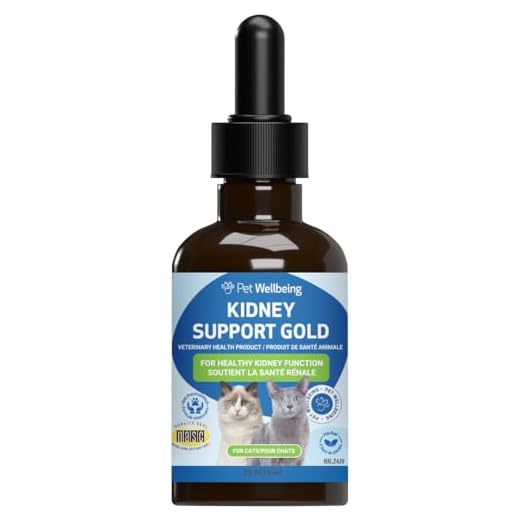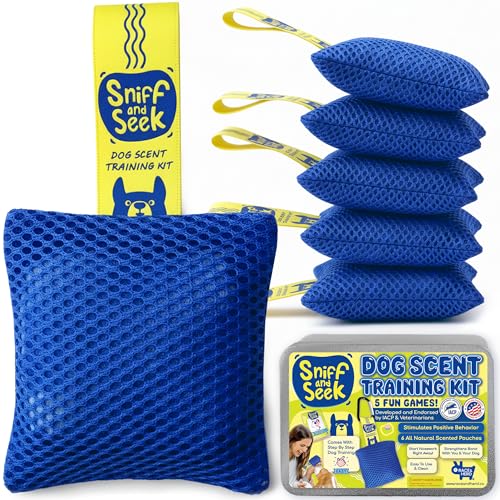




It’s a hard no. Offering dried grapes to your furry companion is highly dangerous. These small fruits can cause severe health issues, including kidney failure, even in tiny amounts. Many pet owners may not recognise the potential harm, as not all canines react the same way, but the risks remain significant.
In my experience, I learned this lesson the hard way. A friend casually mentioned sharing a few raisins with her pup during a picnic. She thought it was just a harmless treat. Shortly after, the dog displayed unusual symptoms, leading to an urgent trip to the vet. That incident left a lasting impression on me regarding the dangers lurking in seemingly innocent snacks.
The exact reason behind this toxic reaction is still unclear, and that adds to the concern. It’s not just about raisins; other dried fruits pose similar risks. Always prioritise safety by sticking to treats specifically designed for your pet’s dietary needs. When in doubt, consult with a veterinarian before introducing any new food into a pet’s diet.
Is It Safe for Canines to Consume Raisins?
Absolutely not. These small dried fruits can lead to severe health issues in canines, including kidney failure. It’s unsettling to think how something that seems harmless can be so dangerous. I remember the time I shared a snack with my four-legged friend, not realising the potential risk. Thankfully, I learned quickly and took precautions to keep those items out of reach.
Symptoms of ingestion include vomiting, lethargy, and abdominal pain. If you notice any of these signs after your pet has had access to raisins, seek veterinary assistance immediately. The quicker the response, the better the chances of recovery.
Always opt for safer treats, such as carrots or specially formulated dog snacks. It’s crucial to educate yourself on what human foods are appropriate for your furry companions. Creating a safe environment for your pet involves being diligent about their diet and understanding the risks associated with certain foods.
In my experience, sharing moments at snack time is wonderful, but it’s essential to ensure those moments are safe. Keeping harmful foods away means more happy times together. Always prioritise their health and well-being above all else.
Understanding the Toxicity of Raisins for Dogs
Raisins pose a significant risk to the well-being of canines. Even a small quantity can lead to severe health issues, including kidney failure. The exact reason why these dried grapes are harmful remains unclear, but the effects are undeniable. If you suspect your furry friend has ingested any amount of raisins, immediate veterinary attention is critical.
Signs of Toxicity
Recognising the symptoms of raisin toxicity is vital. Watch for the following indicators:
| Symptom | Description |
|---|---|
| Vomiting | Occurs within a few hours after consumption. |
| Diarrhoea | Loose stools that may be bloody. |
| Lethargy | Unusual tiredness or lack of energy. |
| Loss of Appetite | Refusal to eat food. |
| Abdominal Pain | Signs of discomfort when the abdomen is touched. |
Preventative Measures
To safeguard your four-legged companion, it’s crucial to eliminate access to any type of raisins or related products. Keep all snacks securely stored and educate family members about the dangers associated with these foods. Always opt for safe, dog-friendly treats instead.
Identifying Symptoms of Raisin Poisoning in Dogs
Recognising the signs of raisin toxicity is critical for quick intervention. Watch for symptoms such as vomiting, which might occur within a few hours after ingestion. If your furry friend experiences lethargy or shows reluctance to move, this could indicate a serious issue. Be alert for changes in appetite; a sudden lack of interest in food may be a red flag.
Diarrhoea can also manifest and may be accompanied by abdominal pain or discomfort. Monitor for increased thirst and urination, as these can signal kidney distress. If your pet exhibits tremors, seizures, or disorientation, immediate veterinary attention is necessary. Prompt identification of these symptoms can save a life, so don’t hesitate to consult a veterinarian if you suspect poisoning.
Immediate Actions to Take if Your Pet Eats Raisins
If your furry friend consumes raisins, act swiftly. Time is of the essence in mitigating potential toxicity.
1. Contact Your Veterinarian
- Call your vet or an emergency veterinary clinic immediately.
- Provide details about the amount ingested and the time of consumption.
- Follow their instructions carefully, which may include bringing your pet in for examination.
2. Induce Vomiting
- If advised by the vet, you may need to induce vomiting. This is typically done using hydrogen peroxide.
- Administer 1 teaspoon per 5 kg of body weight, but do not exceed 3 tablespoons.
- Wait 10 to 15 minutes; if your pet does not vomit, contact your vet again.
3. Monitor Symptoms
- Keep a close eye on behavioural changes, such as lethargy or loss of appetite.
- Watch for gastrointestinal symptoms like vomiting or diarrhoea.
- Note any signs of distress; this information will be helpful for your vet.
While managing an emergency, ensure your pet’s regular diet is balanced. Consider high-quality options like best venison dry dog food to support their health.
4. Follow-Up Care
- After initial treatment, your vet may recommend further testing to assess kidney function.
- Be prepared for follow-up visits to ensure your pet’s well-being.
Additionally, keep your home safe by regularly cleaning areas where food might attract your pet. For cleaning purposes, you might want to check out the best to use to clean moulds in washing machine to maintain a hygienic environment.
Long-term Health Effects of Raisin Consumption in Canines
Raisins pose significant risks that can lead to severe health complications in our furry companions. Long-term consequences of consuming these dried fruits are often dire, with potential kidney damage being a primary concern.
Research indicates that ingestion of even a small quantity may result in acute kidney injury, which can manifest days after consumption. The exact mechanism behind this toxicity remains unclear, but the effects can be devastating. Some pets may experience gradual deterioration in kidney function, leading to chronic health issues.
Kidney Function and Monitoring
Regular veterinary check-ups are crucial for early detection of any renal issues. A simple blood test can reveal elevated levels of waste products, indicating potential damage. If a pet has a history of raisin ingestion, monitoring kidney health becomes even more critical. Signs of kidney dysfunction, such as increased thirst, urination, or lethargy, should prompt immediate veterinary attention.
Preventive Measures and Alternatives
To safeguard your furry friend, it’s best to avoid any dried fruits altogether. Instead, opt for safe treats like carrots or apples, which are healthy and enjoyable. Maintaining a balanced diet tailored to your pet’s needs will help ensure long-term health and well-being.
Prioritising your companion’s safety by steering clear of harmful snacks is key to a happy and healthy life together.
Alternatives to Raisins for Dog Treats
Opt for fruits like blueberries, apples (without seeds), and bananas as safe treats. These options are not only delicious but also packed with vitamins. I often slice apples and mix them with peanut butter for a tasty snack that my furry friend loves.
Vegetable Treats
Carrots and sweet potatoes serve as crunchy, nutritious alternatives. Both can be given raw or cooked. I noticed my pup enjoys chewing on raw carrots, and they help keep his teeth clean. Sweet potato chews are another hit; just bake slices until they’re chewy.
Commercial Treats
Select high-quality dog treats made from natural ingredients, ensuring they are free from harmful additives. Brands focused on wholesome nutrition often provide options tailored to various dietary needs. Always check ingredient labels and avoid anything containing toxic substances.
Homemade treats are another excellent choice. Simple recipes using oats, pumpkin, and peanut butter can be a fun way to bond while ensuring your companion eats healthily. I occasionally bake pumpkin biscuits, and the aroma fills the house, driving my dog wild with excitement!
Remember, introducing any new food should be done gradually to monitor for any adverse reactions. Always consult a vet if unsure about a specific treat. Keeping these alternatives in mind will ensure your furry friend enjoys tasty snacks without the risks associated with certain fruits.






